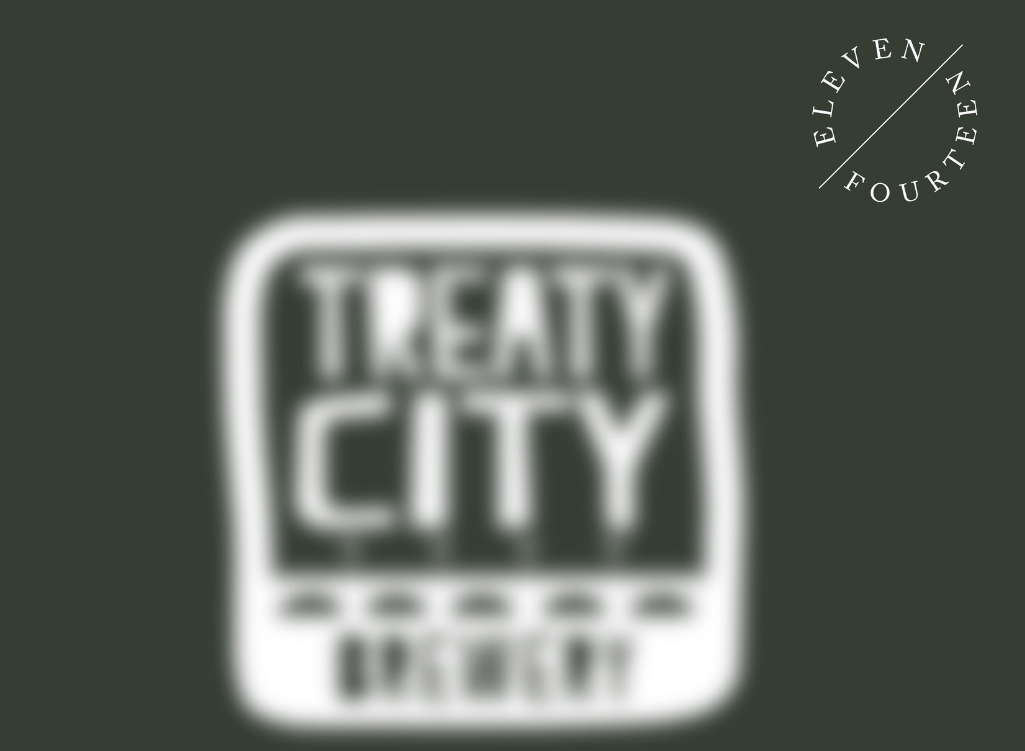“Why haven’t they replied?! I tweeted them nine hours ago and nothing! Awful service, won’t be buying from them again”.
Sound familiar?
As a 25 year-old, or “millennial”, as I’m often referred to as, I’ve been told that as a group, we expect things instantaneously. If we don’t receive a pretty much immediate response, we become angry, frustrated, and likely to turn our backs on the people, brands, and services we’ve become accustomed to using.
Whether we like it or not, an unanswered complaint or query directed at a brand results in a similar feeling of irritation and discomfort to the one we experience when a loved one reads a message, but doesn’t respond. Those darn blue double-ticks.
I often find myself reading articles titled “Most Trusted Brands”, or “Most Respected Brands”. This got me thinking about how these lists are compiled. How is trust measured? What influences consumers to “respect” a brand? According to a survey carried out by Opinium, the Top 5 most trusted brands in the U.K are:
-
Marks & Spencer
-
John Lewis
-
Tesco
-
Boots
-
Virgin
These brands have often made bold statements regarding their ethical values, including environmentally-friendly practises and fair trade. This will have influenced consumers’ perceptions and trust in them. However, I wanted to dig a little deeper and find out how successful brands build trust ?
I visited these brands’ social media feeds. I wasn’t surprised to see that all brands in the list have something in common — strong community management. Dedicated individuals or teams, whose job it is to engage with customers, answer queries, manage complaints and regularly release content that communicates the values and core message of the brand. This isn’t just coincidence.
I bet my bottom dollar that most people in the Opinium survey had experienced an online interaction with a brand at some point. Whether this had been positive or negative, it had influenced their overall perception of the brand.
I have several “most trusted” brands on my list, including Whole Earth, FitBit,FAGE Total, Missguidedand RAC. The foundations of this trust originate from enjoyment of their products, respect for their ethical values and practises, or a shared interest or passion in their values or sector. But the little extra that I’ve come to realise is so important, is that they’ve always been there when I, as a regular customer, need them. They make time and effort to ensure their online communities are looked after before and after the purchase process is complete.
Of course, trust is influenced by various, arguably more obvious sources, including ethical practises and values. A story in 2017 revealed that the company which owns Happy Egg Co., the U.K’s №1 free range egg brand, also owns Big & Fresh, who sell eggs laid by caged hens. While the company in question, Noble Foods, has a Twitter page, they have never tweeted. I’m not suggesting there’s a dodgy motive behind this. But I’m wondering whether there is a link between brands that choose to invest in community management, and those who are trusted by the public.
Community management makes brands vulnerable. Community managers are not just there to reply to the compliments and queries . They also have to take responsibility and answer often difficult questions, should any negative comments or press be directed at them. Surely opening yourself up to that is respectable in itself?
With an active social media feed, you’re choosing to serve customers past the point of purchase. You’re choosing to show you care about more than the money you made from them buying your product. I’d trust that. Perhaps “Strong Community Management” will end up being a factor of trust in the near future.
If you’d like to see how social media helps build brands online, check out the work we do at Digital Works



